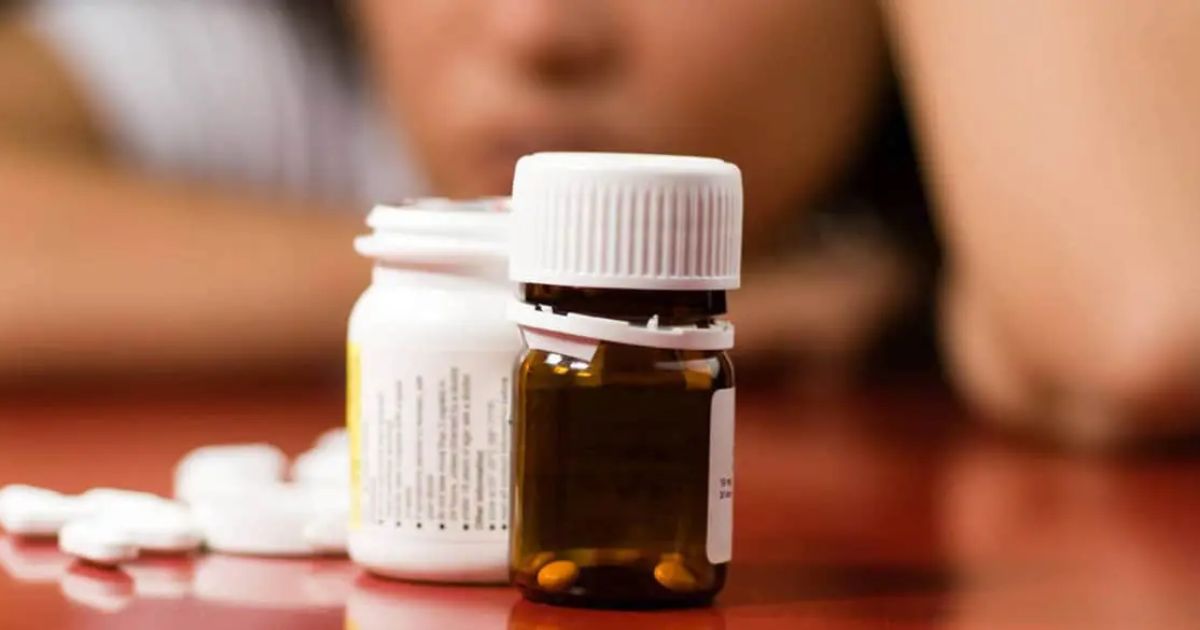A recent revelation about the STAR*D study has raised doubts about its argument for the effectiveness of multiple antidepressant treatments, a critical buttress in favor of the same.
Fraud and scientific misconduct are being alleged against this narrative, which has been in place for years, stating that if patients fail on one antidepressant they will succeed with the next.
Antidepressants: A Critical Look at Their Efficacy and Side Effects
The efficacy of commonly used antidepressants such as Prozac and Zoloft has always been controversial.
Even though these drugs are widely used, studies reveal that individual antidepressants barely show more benefits than placebos in different trials thereby casting doubt on their real impact on clinical practice.
STAR*D Study and the 70% Success Story
For almost twenty years now, psychiatry and big pharma have maintained that by cycling through various antidepressants, greater than 70% success rates are achievable.
The basis for this story is heavily anchored on STAR*D study conducted back in 2006 which is now discredited due to claims of scientific misconduct.
STAR*D Scandal: A Web of Deception Unraveled
The recent reanalysis of STAR*D by Ed Pigott (a psychologist) and his team has led to suggestions that this may be one of the biggest scandals ever committed in science.
This study’s purported 67% cumulative remission rate has been called into question as Pigott argues that it was closer to 35%.
This situation arose because there were protocol violations and undisclosed data as well as deliberate inclusion of ineligible patients among those regarded to be in remission.
Unraveling STAR*D: The Fabrication of Success
Opponents such as Robert Whitaker have accused STAR*D investigators of manipulating data so as to present a more flattering picture of antidepressant effectiveness.
Some examples given include the inclusion of ineligible patients, switching primary outcome measures among others all amounting to scientific misconduct or what others see as fraud.
Antidepressant Adverse Effects: A Lingering Concern
Even as the STAR*D scandal unravels, the side effects of antidepressants cannot be ignored.
Sexual dysfunction, for instance, is a common complaint in a significant proportion of patients.
Studies have demonstrated rates of sexual dysfunction ranging from 25% to 73% for SSRIs, drawing attention to the possible balance between potential benefits and very real side effects.
St. John’s Wort vs. Zoloft: A Surprising Outcome
In a 2002 study comparing St. John’s wort, Zoloft, and placebo, it came as a surprise that the placebo performed better than both Zoloft and the herbal remedy.
This discovery which went largely unnoticed has raised questions regarding the effectiveness of conventional antidepressants.
A Shift in Psychiatry’s Paradigm: Revisiting Treatment Approaches
The fallout from the STAR*D scandal prompts psychiatry to reassess its approach to antidepressant treatment.
However, critics argue that mainstream media outlets like New York Times have long repeated a 70% success story.
This field must confront itself with such grave possibility of fraud in a pivotal research activity.
The Ketamine Controversy: Seeking Alternatives Amidst Doubts
Some psychiatrists are exploring other means like ketamine because traditional antidepressants are now being viewed by skeptics with doubt.
Nonetheless, recent studies on ketamine’s efficacy as an antidepressant have given mixed results.
Safety concerns and potential adverse effects are now part of these conversations in the field.
Epilogue: Psychiatric Times Acknowledges Setback
Psychiatric Times, a publication known for its mainstream psychiatric views, has surprisingly recognized that the STARD scandal may pose some setbacks.
The Editor-in-chief John Miller calls for a re-evaluation of publications and policy decisions based on STARD findings, while pointing out the need to address major disparities in relapse rates.
A Paradigm Shift in Antidepressant Discourse
The antidepressant landscape is undergoing a seismic shift as long-lived narratives of efficacy come under intense scrutiny.
STAR*D scandal shakes the foundation of the modern management of depression motivating reconsidering of practices that have been central to psychiatry for decades.
This discovery has left the field grappling with this new reality with both patients and practitioners waiting for a new dawn in understanding and treatment of depression.




























